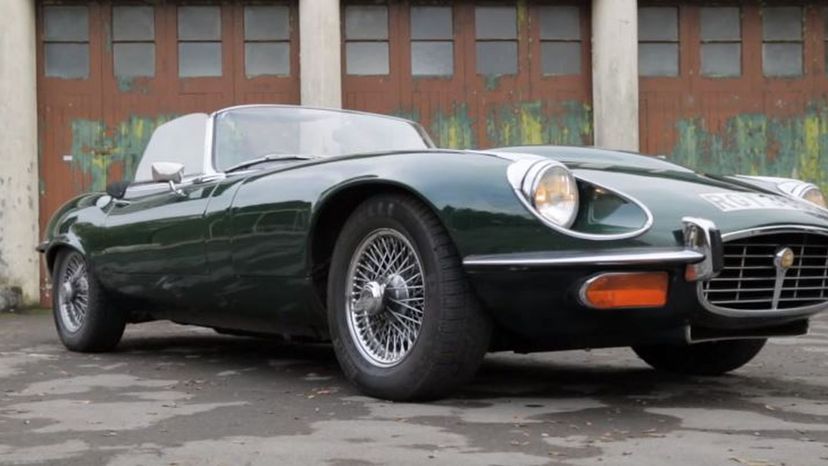
About This Quiz
Jump in and buckle in your seatbelt!
This trip down memory lane is a joyride that any car enthusiast will enjoy. Whether it was on the racetrack or the street, cars in the 1960s boasted some of the most intricate designs and innovative technology at the time.
It was one of the most flourishing eras for the automotive industry for the simple fact that many cars were introduced with modern conveniences taken for granted today. From automatic transmissions to power brakes to power steering, the cars from the '60s were famous not just for their functionality but their overall stature.
Luxury characteristics, such as power seats, air conditioning and power windows, made these cars gain plenty of attention from customers who were seeking more features. From the birth of European sports cars to the influx of muscle cars, some of the most aesthetically appealing automobiles that have graced the earth were without a doubt birthed in the 1960s, and the best-looking cars today are only trying to keep up!
Automobile legends such as the Dodge Charger, Ford Mustang, Plymouth Barracuda, Chevrolet Camaro and the Pontiac Trans-Am were developed in the 1960s. They really just don't make them like they used to anymore.
So forget your current set of wheels and let's travel back to the 1960s with this quiz and get you a car that can better suit your style!
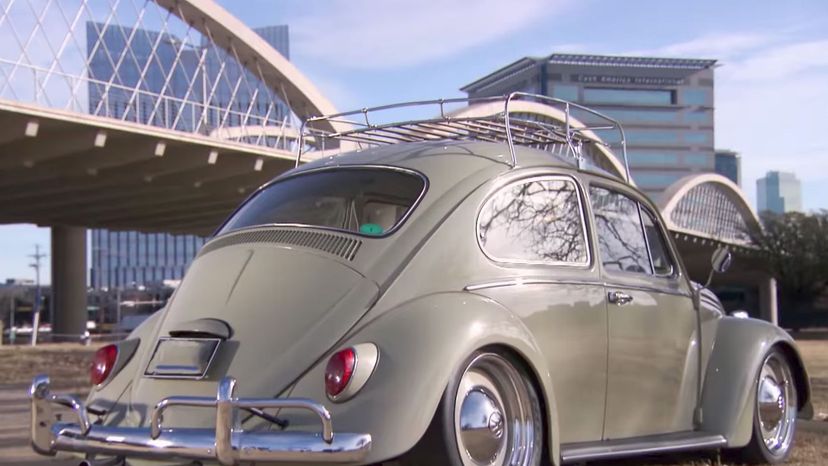
Officially known as the Type 1, the VW Beetle was introduced in the '30s. In the '60s, the company added many safety features and mid-'60s models got much larger windows than earlier units.
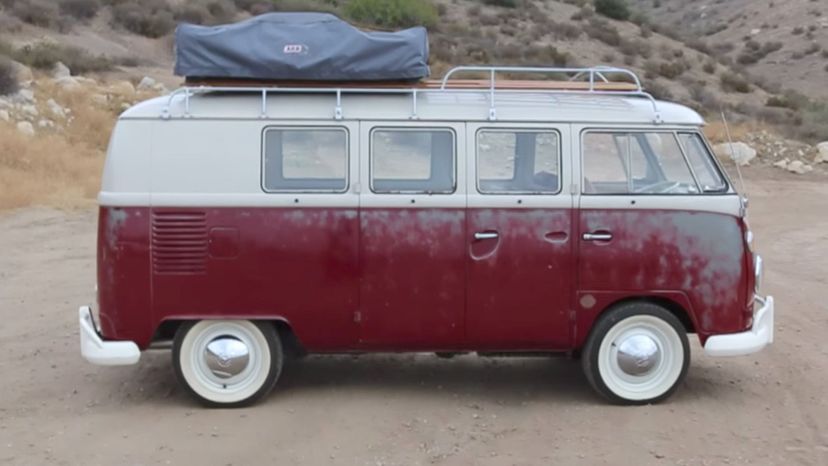
The second Volkswagen model is officially known as the Type 2, but more commonly called a VW Bus. The first generation, which was produced through 1967, can be recognized by its iconic split windshield.
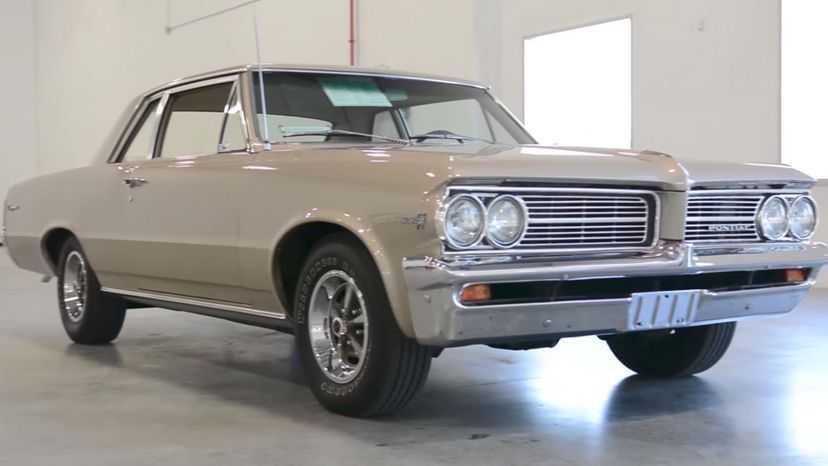
The Tempest was an affordable compact known for its innovative "rope-drive" design and smooth, even handling. Built on the same body as the Buick Skylark, the Tempest was available from 1961 to 1970.
Advertisement
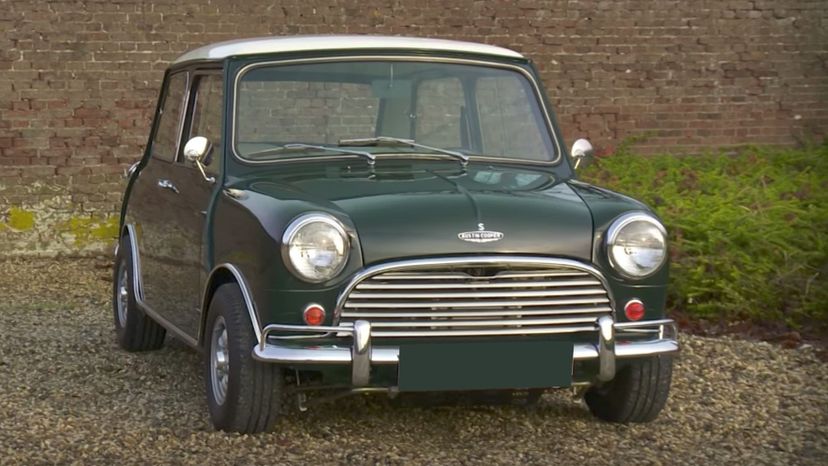
More than 10,000 left-hand Mini Coopers were shipped from the U.K. to the States between 1960 to 1967. By 1968, American safety standards had increased so dramatically that Mini Coopers were nearly impossible to import.
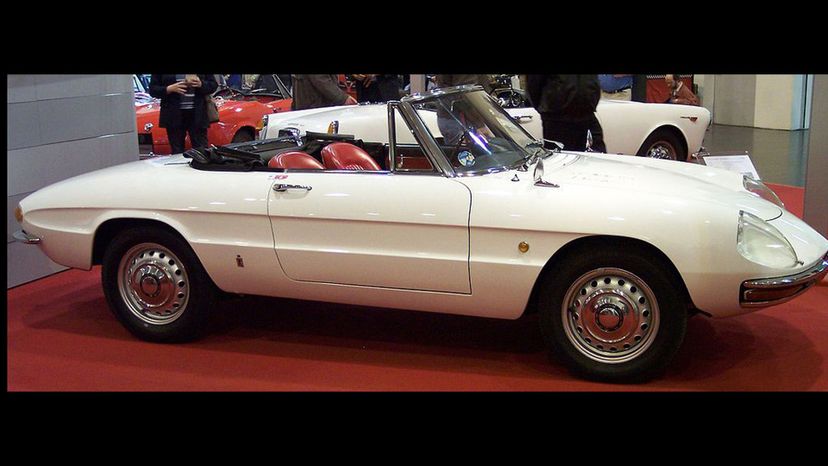
When Alfa Romeo was ready to release its sporty new roadster in 1966, they held a contest to name the car, promising the winner a vehicle of his/her own. From more than 100,000 ballots sent in, the winning entry was deemed to be "Duetto," but there were trademark issues. The company ended up just calling the car the Spider.
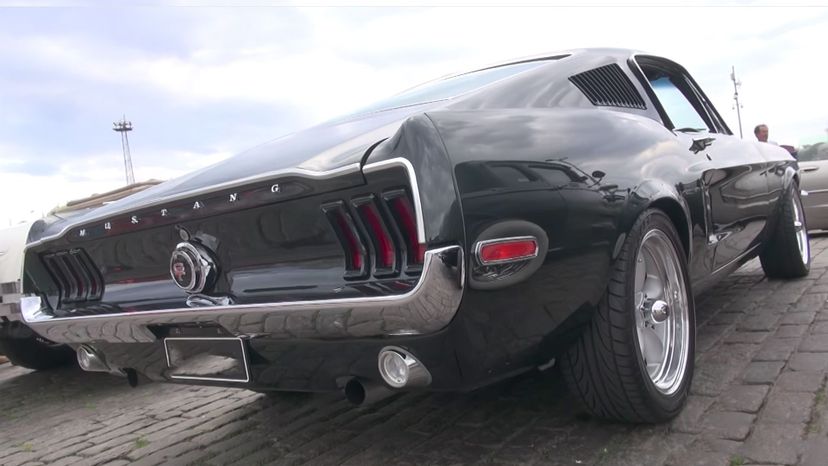
The Ford Mustang was a '60s favorite for car lovers. Originally built on a Falcon platform, the Mustang came out in 1964, and the company built more than one million units over the next 18 months.
Advertisement
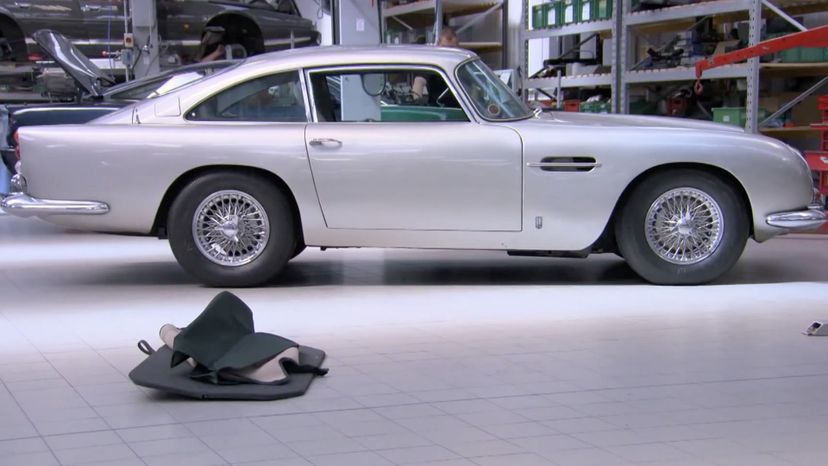
Aston Martin made just over 1,000 DB5 vehicles between 1963 and 1965. The two/two coupe featured a high-end leather trim, with reclining seats and power windows standard.
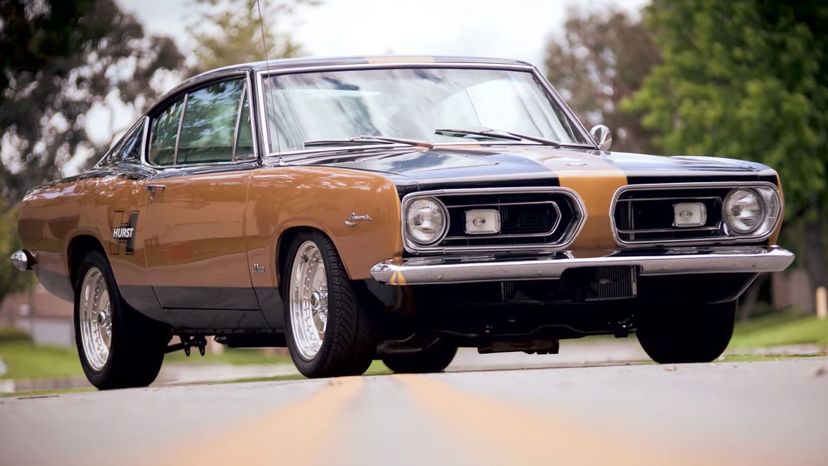
Plymouth made its two-door Barracuda from 1964 to 1974. The first generation had a fastback design, while the second generation offered both hardtop and convertible options.
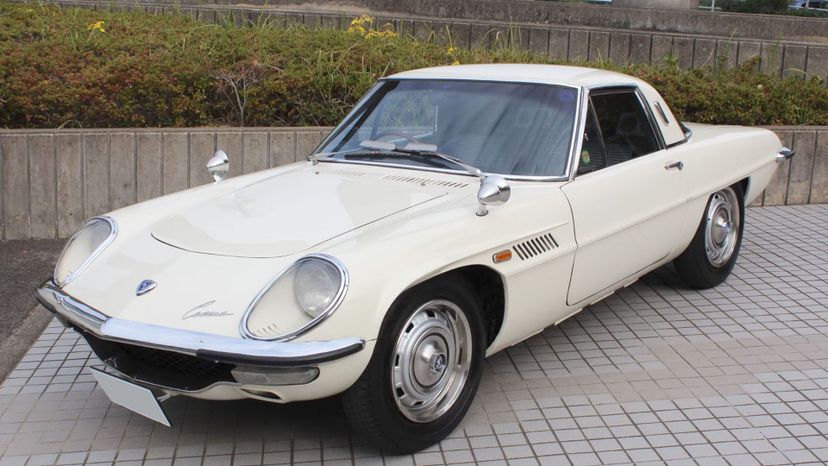
What better name to give a car released at the height of the space race than "Cosmo?" Introduced in 1967, the Mazda Cosmo was the first Mazda to include the Wankel engine - a small-yet-powerful rotary machine.
Advertisement
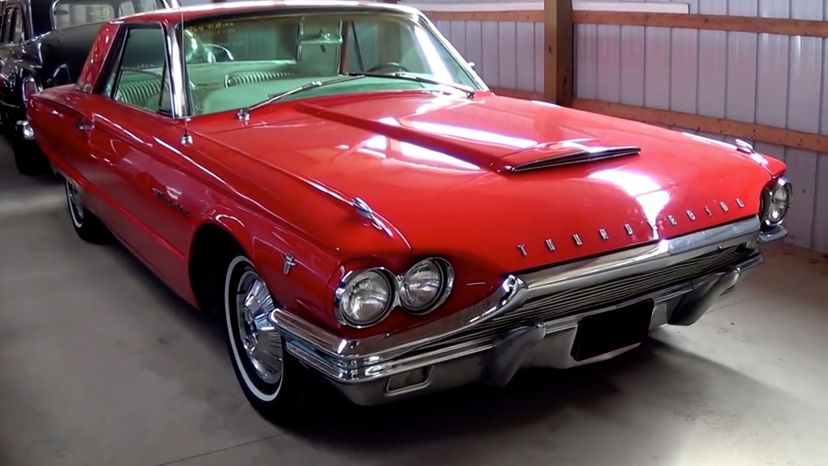
The '60s saw three different generations of Ford's classic Thunderbird. Early models had a bullet-like appearance, while mid-'60s versions were squared off. By the late '60s, the car had become larger and more luxurious in an attempt to differentiate itself from the Mustang.
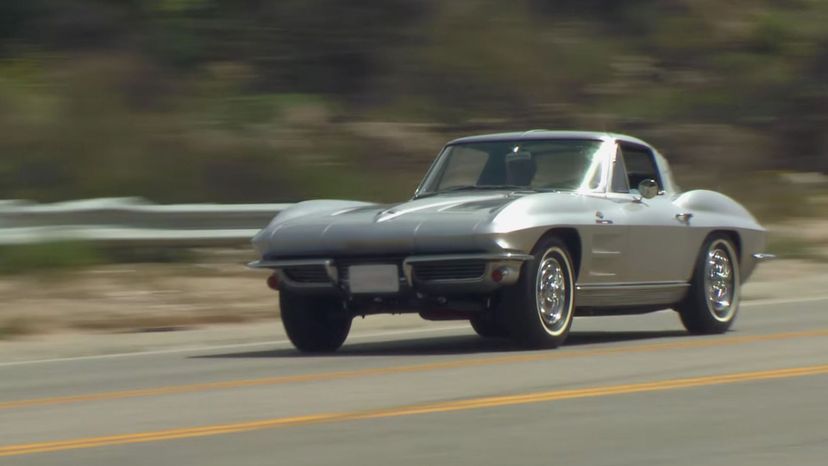
Produced since 1953, the Chevy Corvette gained the nickname "Sting Ray" when its second generation models were released for the 1963 model year. This new line featured a tapered back end, while a third generation - known as the "Stingray" (one word) - came out in 1968 with an entirely new shape.
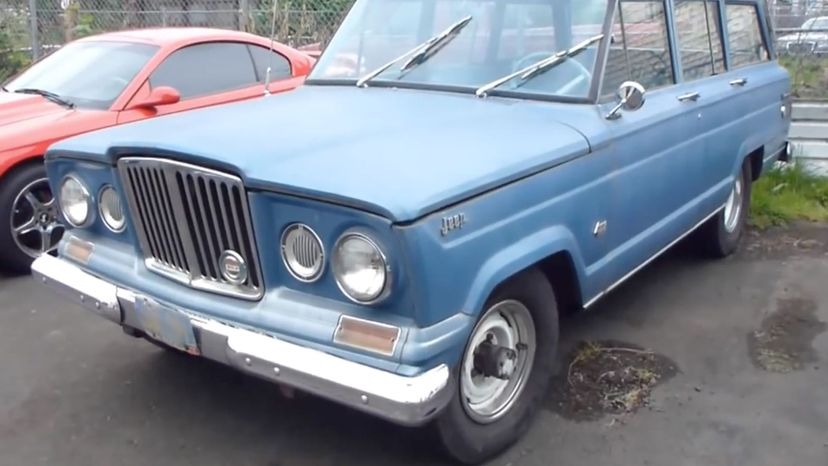
Jeep created one of the earliest sport utility vehicles with the introduction of its Wagoneer in 1963. The vehicle included a pickup chassis and wagon body and got more powerful and luxurious with the creation of the Super Wagoneer in 1966.
Advertisement
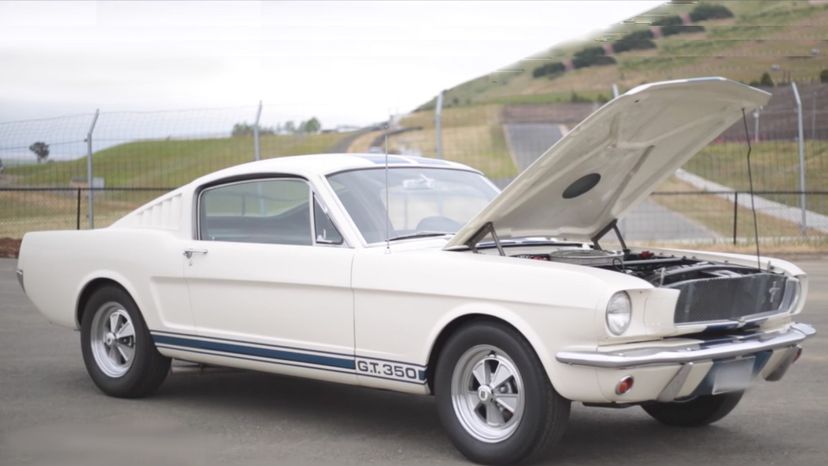
It's hard to get cooler than a Mustang - unless you let Carroll Shelby get his hands on it. The Shelby GT350 was essentially a Mustang upgraded by Shelby, who added a more powerful engine and large rear brakes.
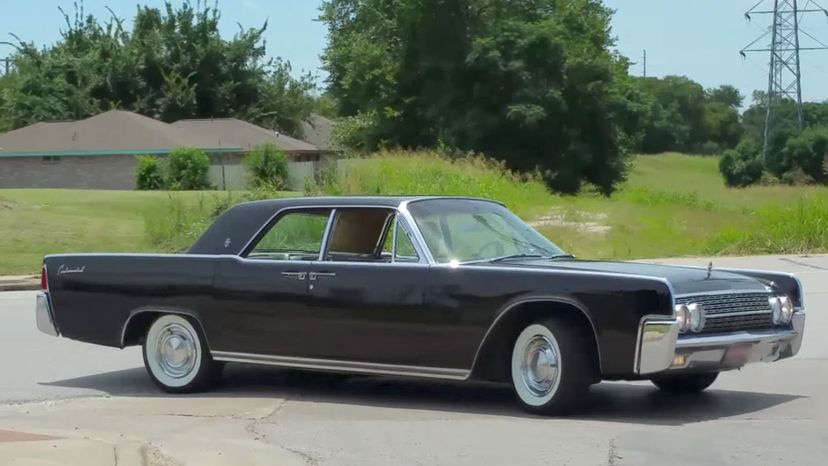
Lincoln has produced its iconic Continental since 1939. The '60s saw the fourth generation of the car which was shorter (but heavier) than the '50s version and less ornamental overall.
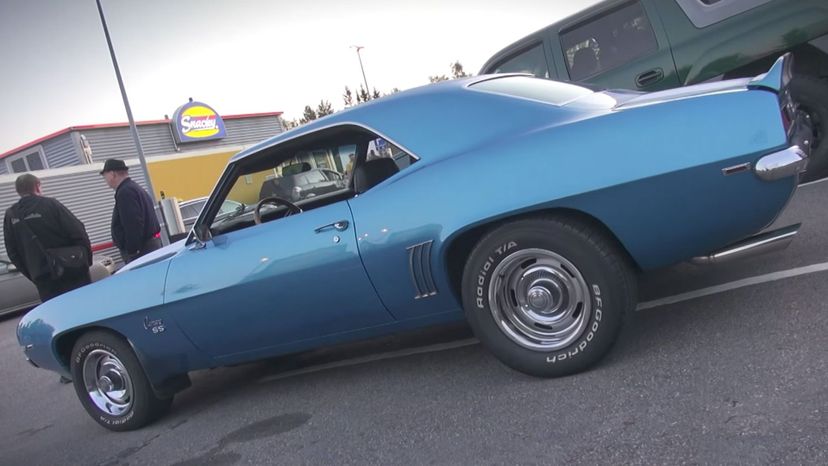
Chevy developed its secret "Panther" project in the mid-'60s to come up with a pony car to compete with the beloved Mustang. The result was the Camaro, which went on sale in late 1966 for the 1967 model year.
Advertisement
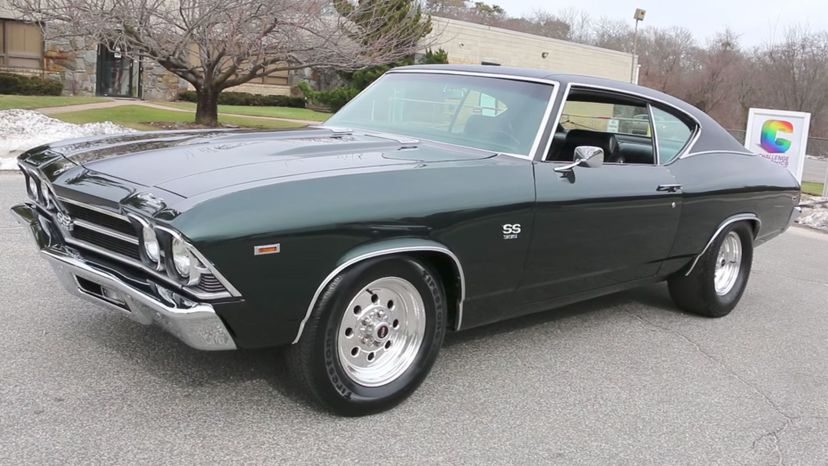
Chevy introduced its mid-sized Chevelle in 1964 to compete with similar options from Plymouth and Ford. Early models were offered in coupes, convertibles, sedans and wagons. In 1966, the body was updated, giving it a smoother, sleeker design.
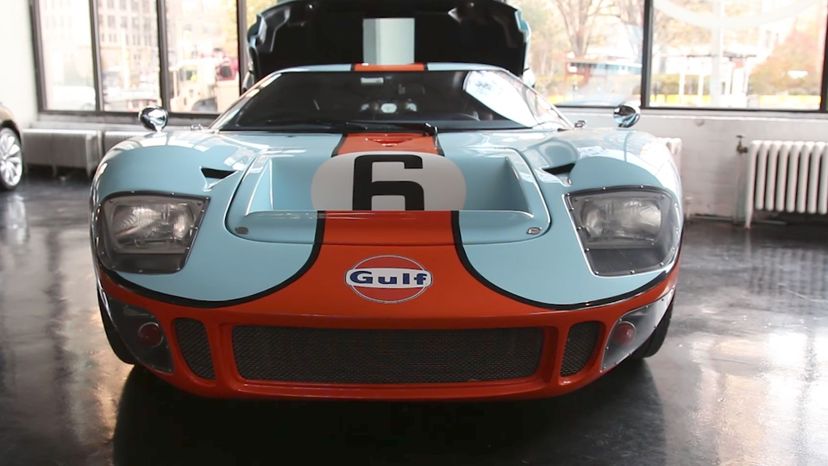
Ford built the GT40 to compete with Ferrari on the racing circuit, and by the mid-to-late '60s, the car was winning races around the world. In 1966, it became the first American-made car to win an overall Le Mans victory.
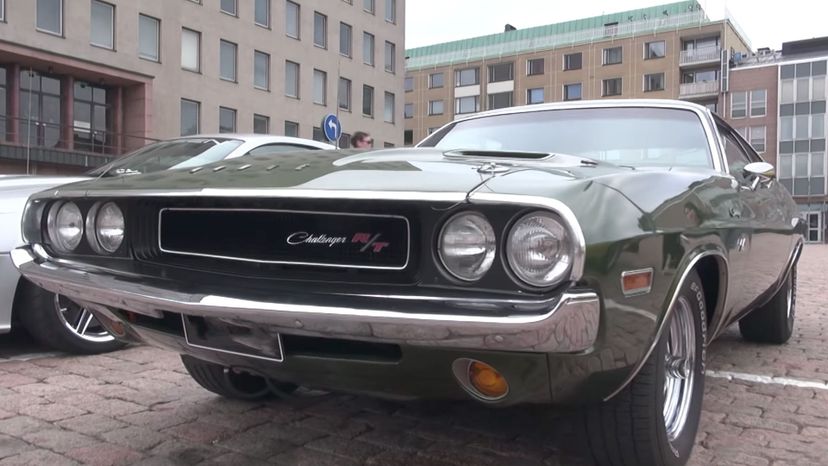
Dodge introduced the first Challenger in 1959 with its Silver Challenger sedan - available only in the color silver. Ten years later, the company came out with a much sleeker Challenger to take on the Mustang and Camaro.
Advertisement
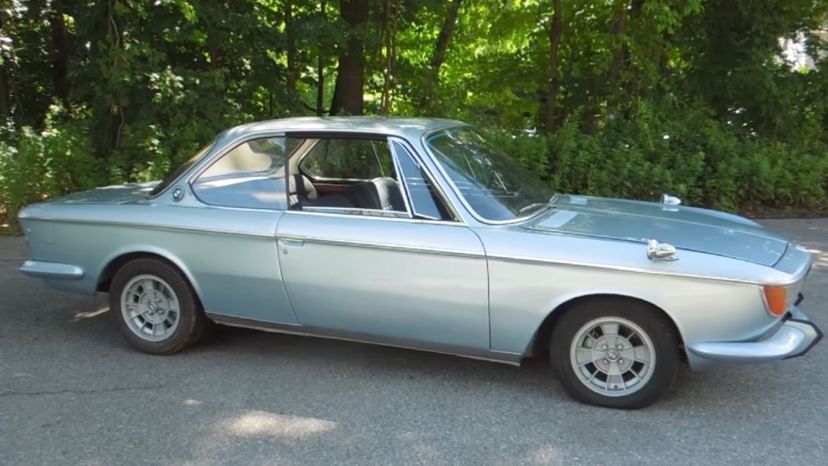
In 1962, BMW came out with its New Class. This new model is largely credited with BMW's turnaround after its poor financial performance in the 1950s.
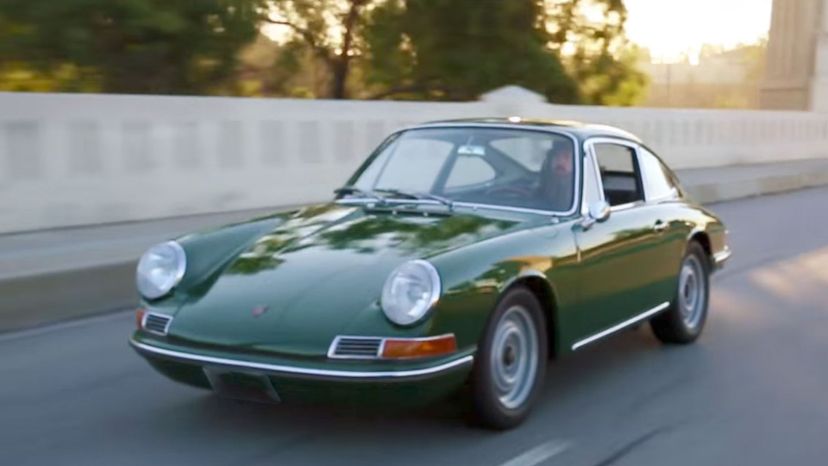
Porsche has been making its iconic 911 since 1963. Known for its classic two-door design, the sleek sports car was originally known as the 901, but the name was changed to 911 for copyright reasons.
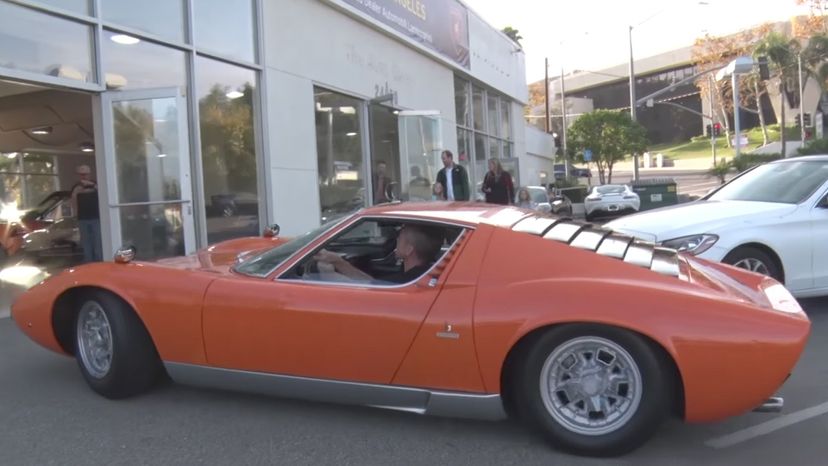
Lamborghini created the Miura to compete with Ferrari's racing style. The 1966 version had a mid-engine design and more pep than earlier Lambo models.
Advertisement
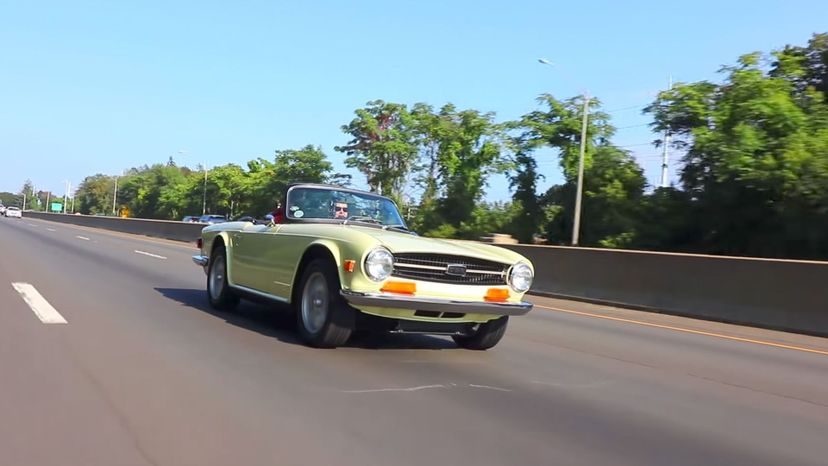
The U.K. Triumph company made nearly 100,000 units of its TR6 and almost all were exported, including to the U.S. The roadster featured a squared-off front and rear with a walnut-clad dashboard.
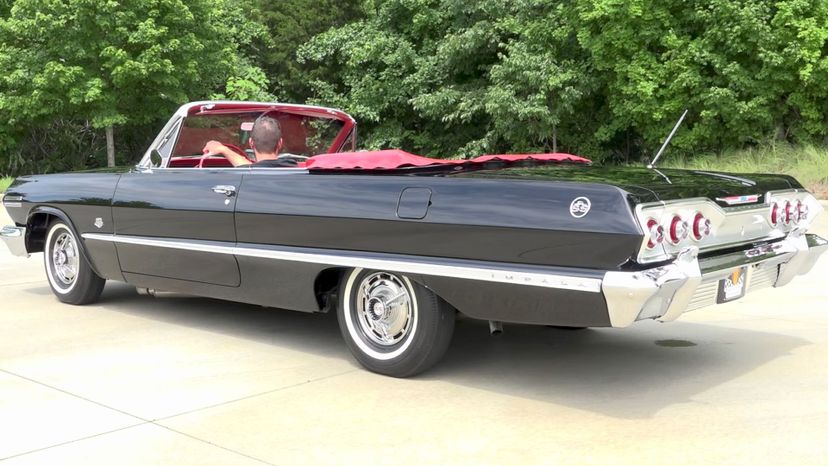
Chevy built its '60s Impala on a GM B-platform body. Early versions had triple taillights and a "bubbleback" roofline, while later versions had a softer, rounder profile.
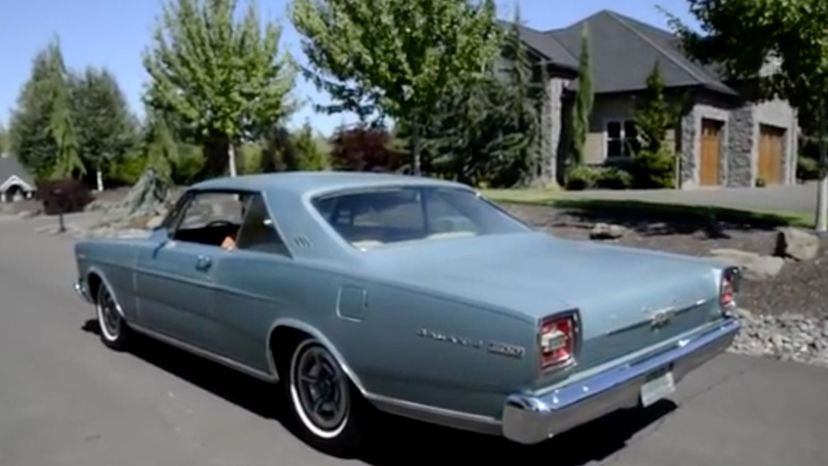
Ford introduced the second generation of the Galaxie in 1960. This version was smaller with less ornamentation than the previous version and had particularly memorable half-moon taillights.
Advertisement
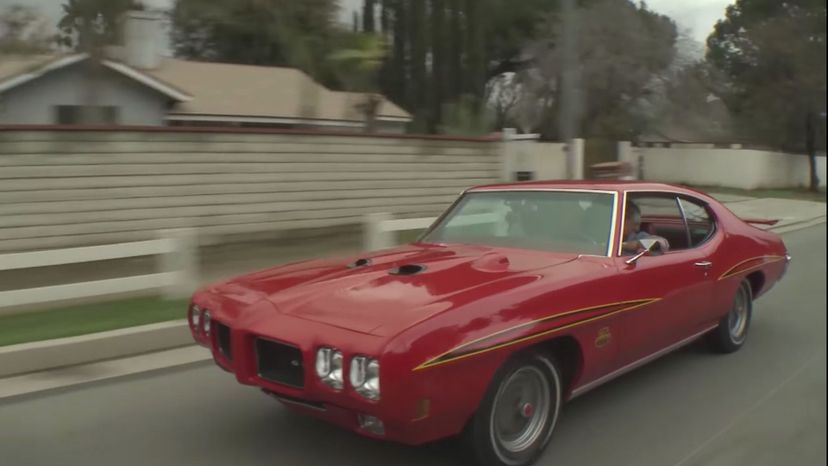
Pontiac created the GTO in 1964 and jump-started the muscle car wars of the day. The GTO stands for "Gran Turismo Omologato" - an Italian racing term - and began as a $300 upgrade option on the standard Pontiac LeMans.
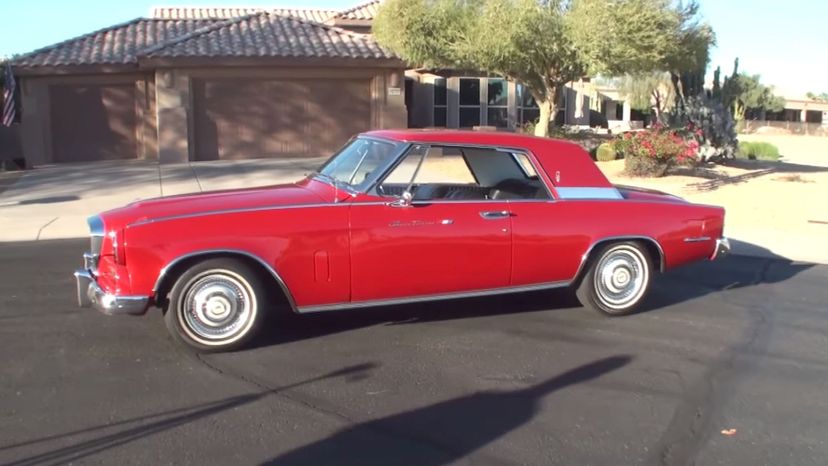
Studebaker gave a sporty makeover to its Hawk model in 1962 and renovated the car again in 1964 - giving it a sport roof that was half vinyl, half metal.
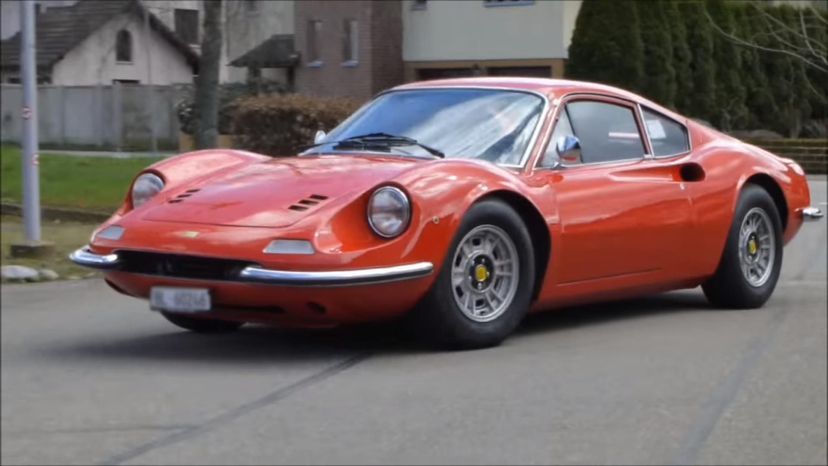
The Dino 246 GT was the evolution of the Dino 206 GT. The line was named after Enzo Ferrari's son, Dino. His son was working on an affordable, less powerful Ferrari model when he passed away at age 24 from muscular dystrophy.
Advertisement
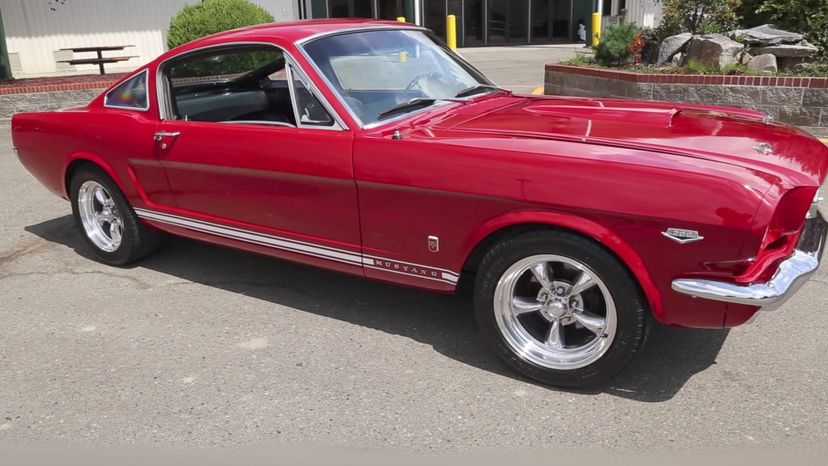
The 1965 Mustang GT came with a $276 upgrade known as the K-code. Buyers who splurged on this option got a super powerful engine and a car built for speed - with a much-shortened warranty, no AC or power steering.
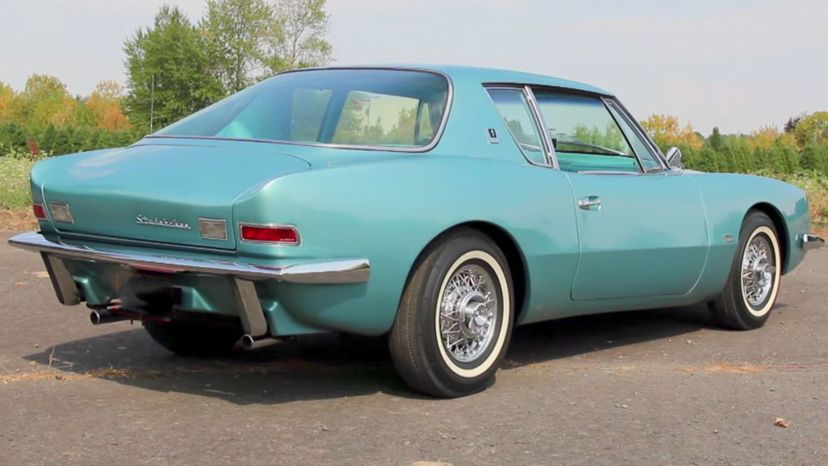
Studebaker introduced its Avanti with a unique fiberglass body in 1962. Production problems plagued the Avanti and resulted in the company only building 1,200 in 1962.
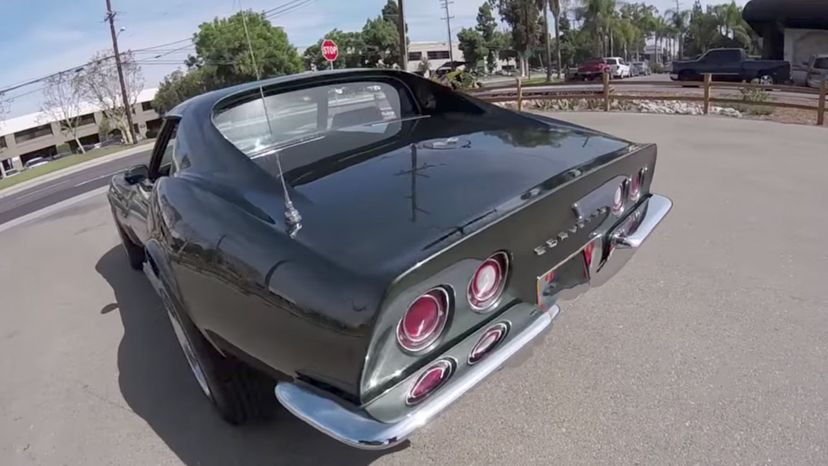
The Corvette was an icon in its own right, but the 1967 427 option took things to the next level. The 427 option added a whopping $1,500 to the $4,240 base price, which meant just 20 units ended up selling in '67. The option gave the car a racing-style engine - capable of an estimated 560 brake horsepower - that was more powerful than anything Chevy had offered to that point.
Advertisement
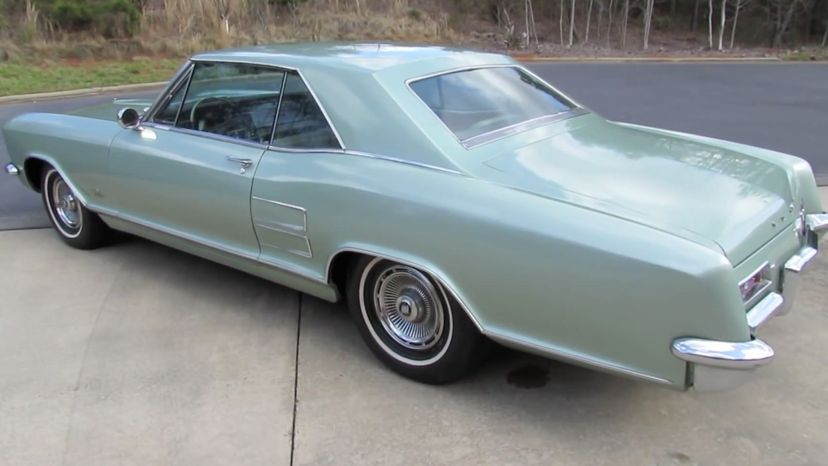
The Buick Riviera was GM's first attempt to compete in the luxury vehicle market. It offered similar power levels to more expensive and bigger Buicks, but weighed less and got better gas mileage. Models released in 1963 cost around $5,000 at the time.
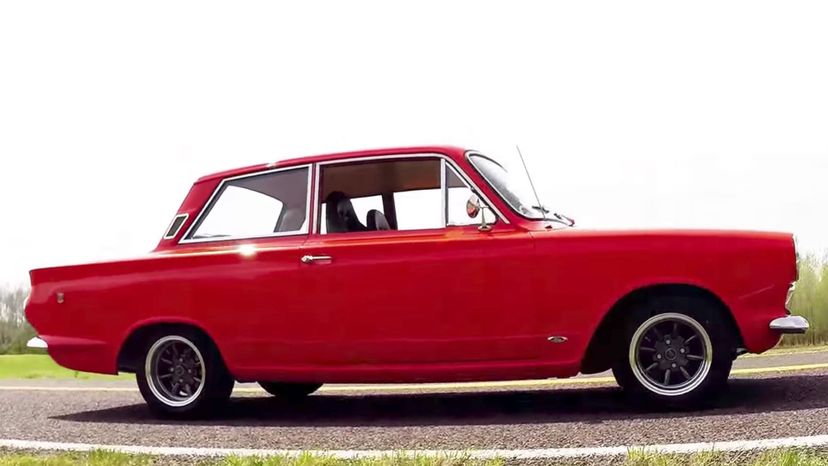
Ford Cortina was the best-selling car of the late '60s and much of the '70s in the U.K. While many were exported, the vehicle was phased out in the U.S. with the introduction of the Ford Pinto.
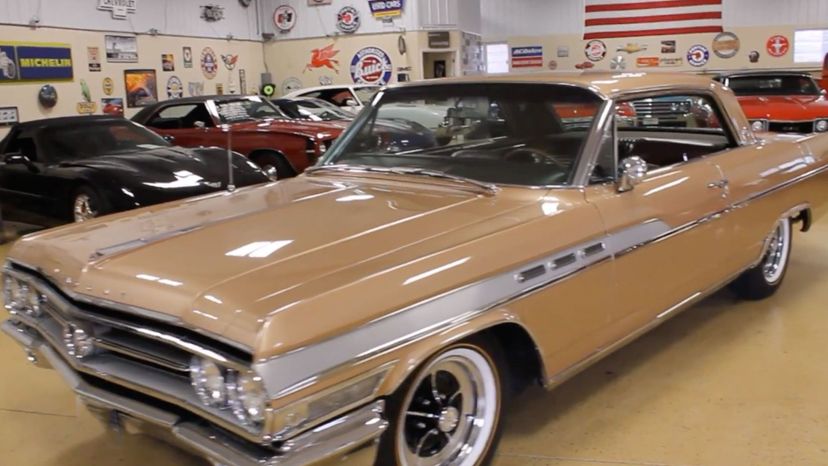
Buick's Wildcat was originally part of the company's Invicta series but became its own distinct line starting in 1963. Late '60s versions were modeled after the Buick Riviera.
Advertisement
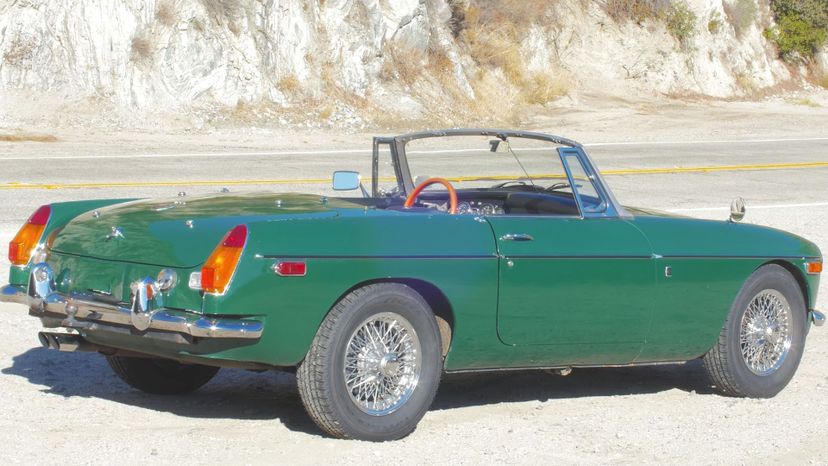
British Motor Corporation introduced its 1962 MGB as a compact two-seater with a smooth, rounded body. The vehicle was available until 1980, with most upgrades focused on safety improvements rather than major overhauls.
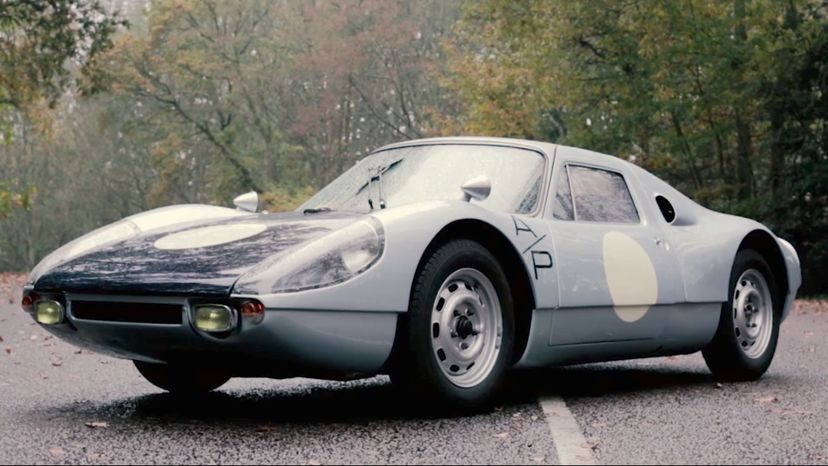
Officially known as the Carrera GTS, the 904 was a sleek and stylish mid-engine sports car and was also the first Porsche with a fiberglass body.
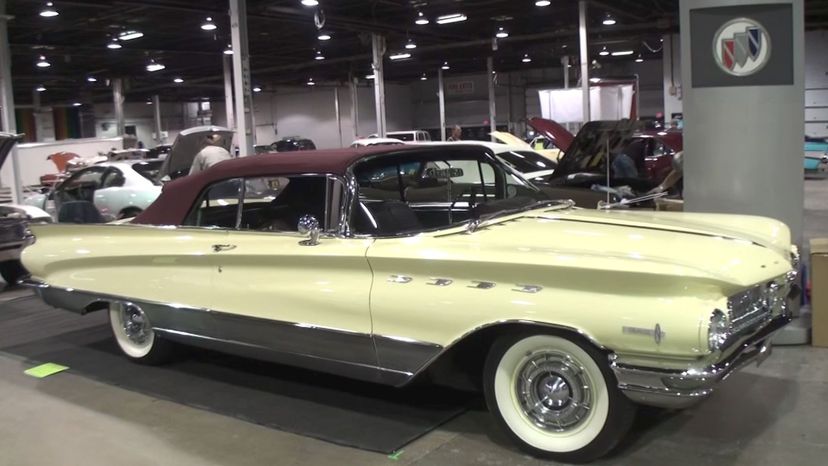
Buick produced the Electra from 1959 to 1990, when it was replaced by the Park Avenue. This full-size luxury car went from a boxier finned model in the early '60s to a slimmed down "Coke-bottle" design after 1965.
Advertisement
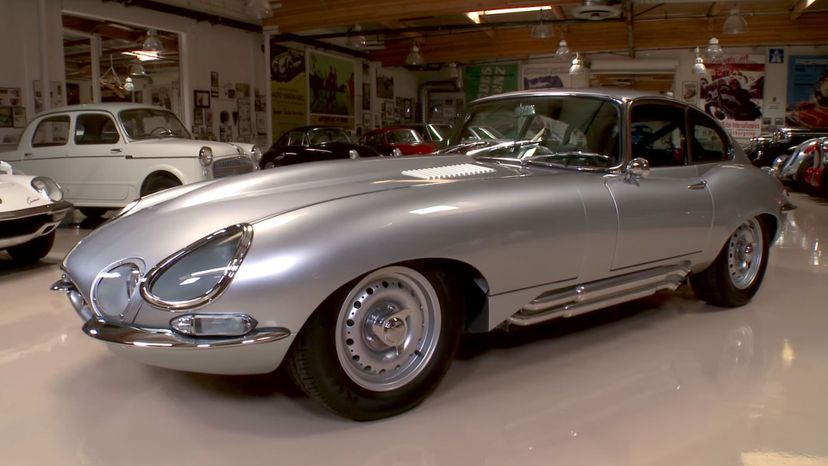
Jaguar's iconic E-Type was available from 1961 to 1975. The first generation offered a roadster or fastback coupe models with style, while major upgrades in 1968 helped the luxury car keep up with increasingly stringent U.S. safety standards.
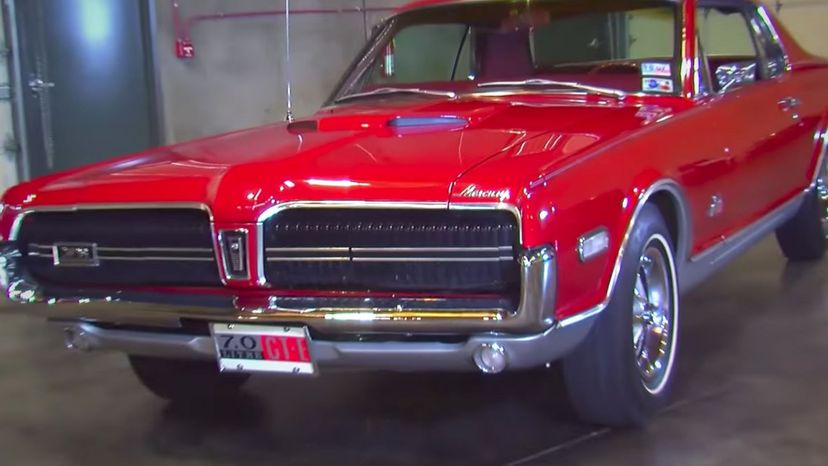
The Cougar was Mercury's first Pony car, derived from the Ford Mustang. It had a European style design inspired by Jaguar's very successful E-Type.
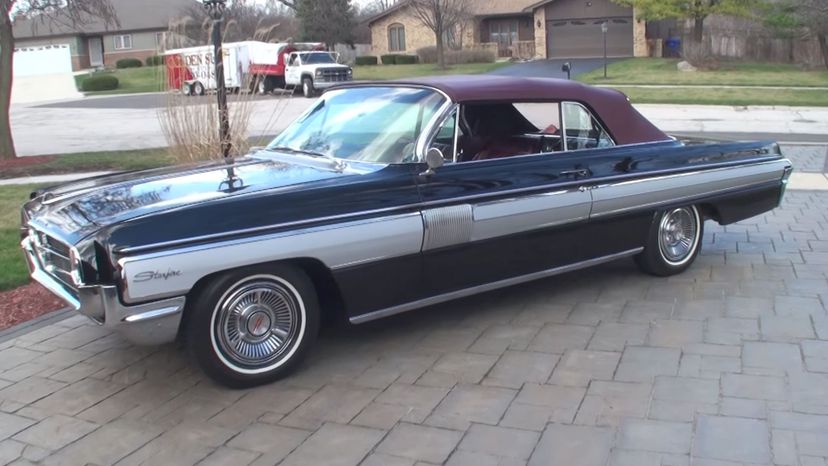
When the 1961 model was released, the Oldsmobile Starfire was the priciest and most powerful Oldsmobile ever sold. The first generation of the vehicle was available from 1961 to 1966 and featured a convertible roof and leather bucket seats.
Advertisement
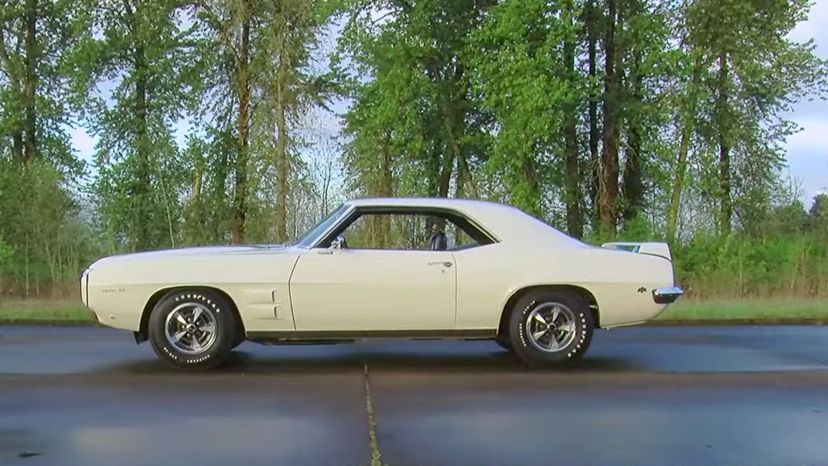
The Trans Am was an options package offered by Pontiac to buyers of its sporty Firebird. Introduced in 1969, the Trans Am package included better handling, power and performance.
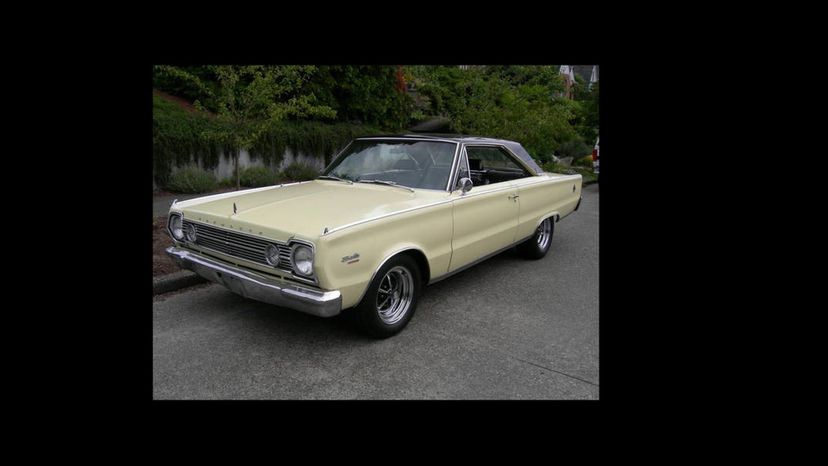
Released for the 1965 model year, the Satellite was a top-of-the-line model for Plymouth at the time. Early models were available in convertible or hardtop style. The Plymouth GTX model took things up a notch when it came out two years later.
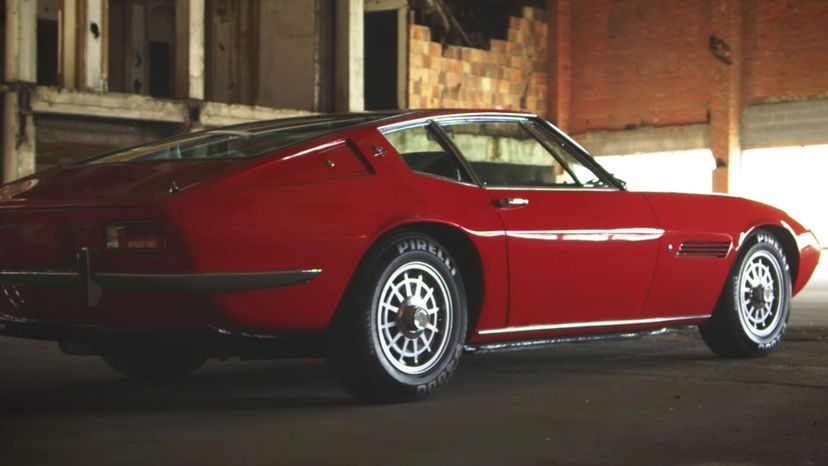
Named for a hot wind of the Libyan desert, the Ghibli was among the fastest Maseratis yet when it was introduced in 1967. Two years later, the company came out with a Spyder and SS versions.
Advertisement
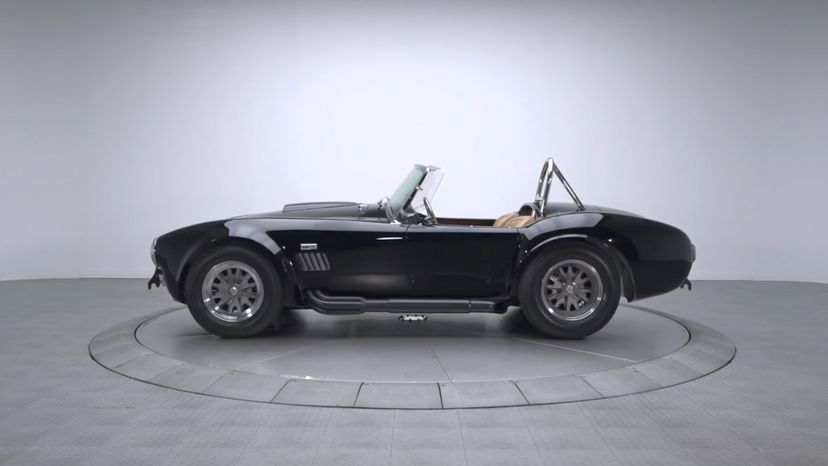
The Shelby Cobra came about when American car designer Carroll Shelby decided to upgrade an AC Cobra from the U.K. with a powerful V8 engine from Ford. The result was one of the hottest two-seaters on the market.
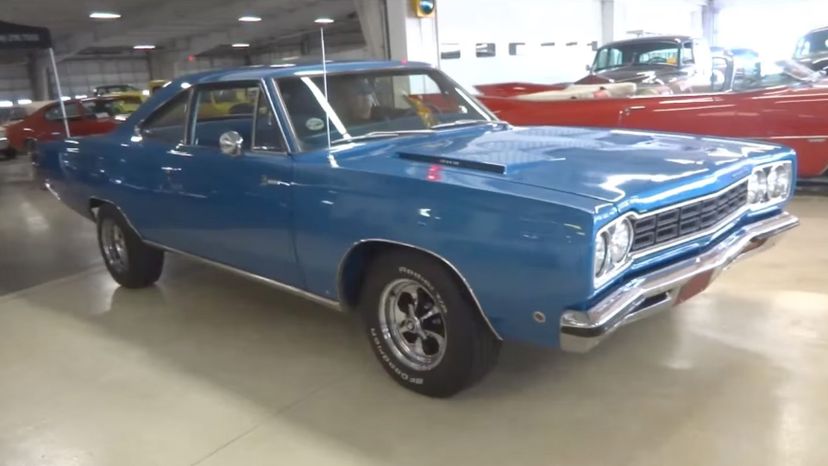
Plymouth's Road Runner was a more affordable muscle car alternative to the more pricey GTX. Introduced in 1968 as a two-door coupe, hardtop or convertible, the vehicle started with a very basic interior - including a plain vinyl bench seat and no carpet.
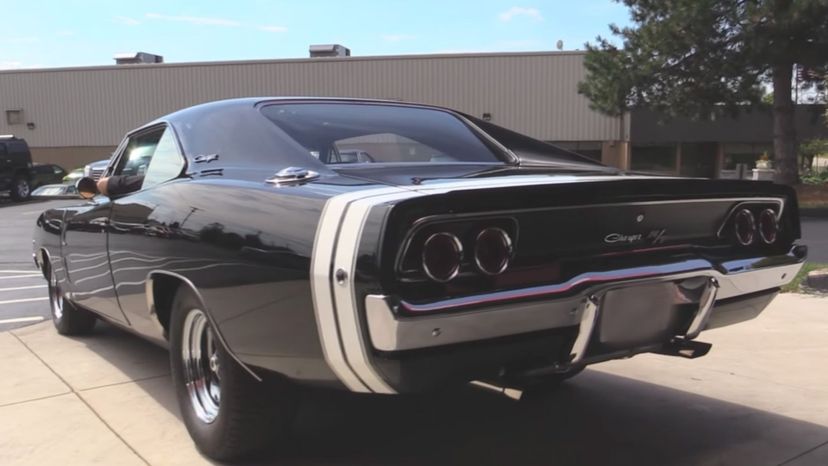
Dodge brought out the first generation of its iconic Charger in 1966. The original vehicle shared parts with the Dodge Coronet - both were built on the Chrysler B platform - but featured a more powerful engine. The two-door fastback on the earliest models had four bucket seats.
Advertisement
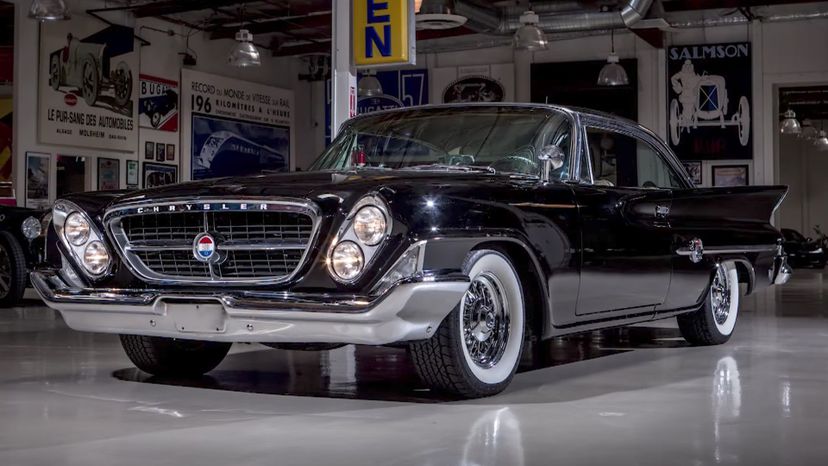
The 1961 Chrysler 300G was part of the luxury line's "letter" series. This entry in the line had an inverted grille and prominent fins. By the next year, the 1962 model - the 300H - lost its fins and was slightly toned down in terms of trim.
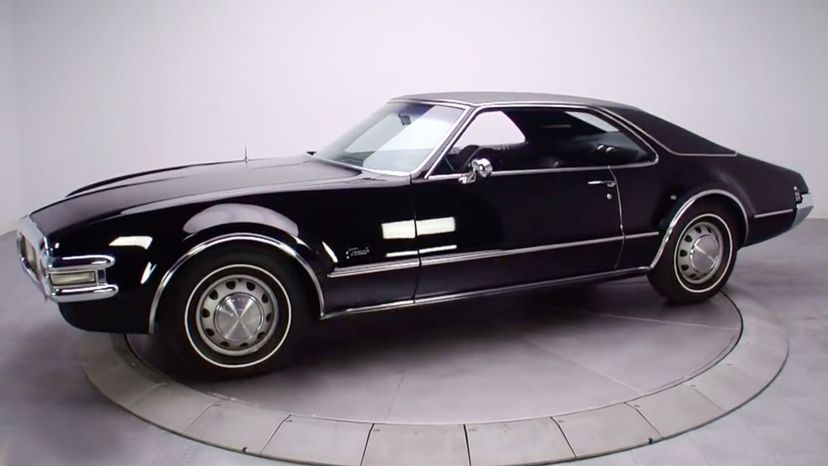
Released for the1966 model year, the Toronado was the first mass-produced American front-wheel drive vehicle since the early days of the automotive industry. The sporty new car came complete with custom Firestone tires, which featured stiffer walls than standard wheels.
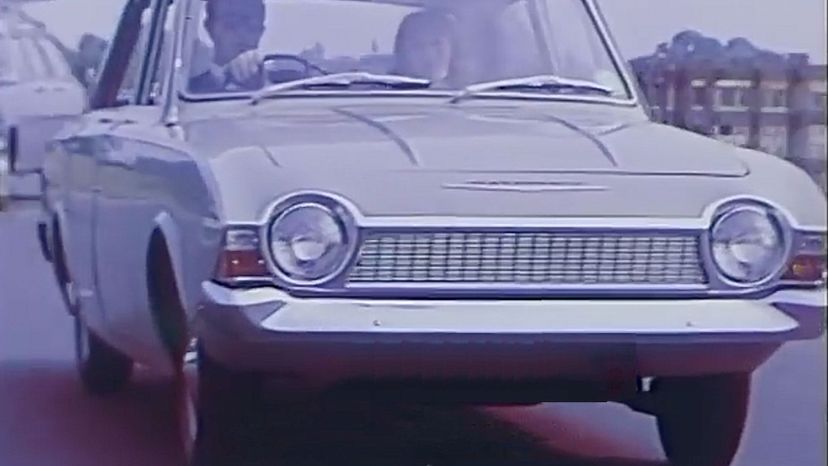
The midsize Ford Corsair was primarily sold in the U.K. and produced from 1963 through 1970. It is notable for its distinctly American design, and should not be confused with the Edsel Corsair sold in the U.S. at the tail end of the '50s.
Advertisement
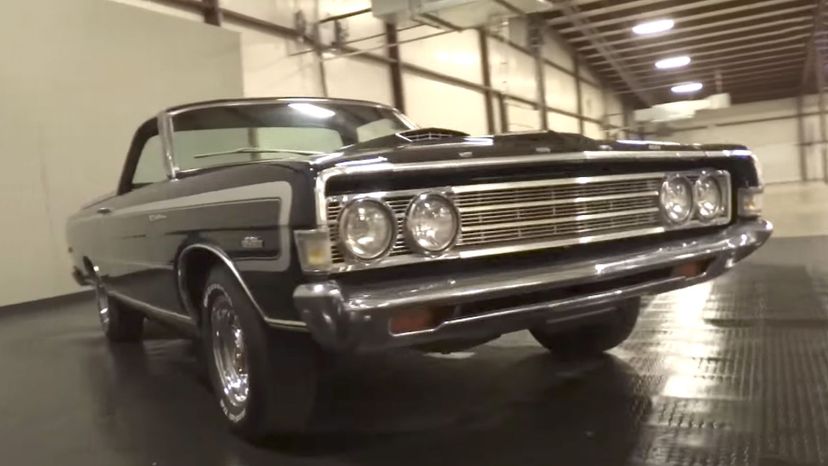
The unusual Ford Ranchero was an adapted two-door station wagon with a cargo bed, similar to those found on pickup trucks. Early models were built on the Falcon body, while later units used a true wagon body.
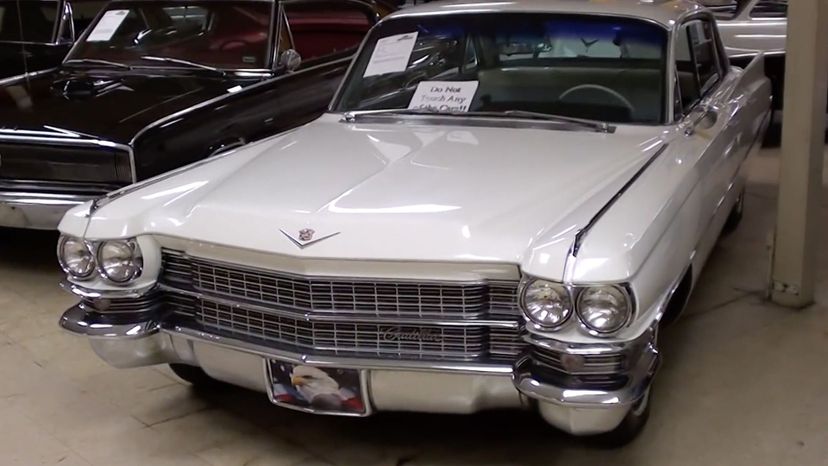
The '60s saw two generations of Cadillac's Coupe De Ville. The second generation of the vehicle was produced between 1961 and 1964 and featured a prominent grille and large fins. The third generation, produced between 1965 and 1970, introduced comfort features such as reclining seats, headrests and AM/FM stereo.